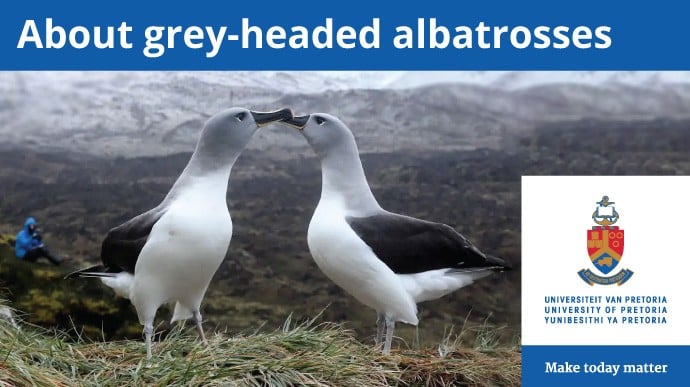 Story
Story
This edition is curated around the concept of One Health, in which the University of Pretoria plays a leading role globally, and is based on our research expertise in the various disciplines across healthcare for people, the environment and animals.
 Story
Story
Highly sophisticated water management techniques of ancient civilisations demonstrate the ingenuity of inhabitants who lived with limited water. It appears we need to look to the past to ensure a stable water supply in the future.
 Story
Story
Two University of Pretoria (UP) researchers have been awarded the 2025 Breakthrough Prize in Fundamental Physics, along with colleagues from the European Organisation for Nuclear Research (CERN), for their contribution to the ATLAS experiment. The general-purpose particle physics experiment seeks to exploit the full discovery potential of CERN’s Large Hadron Collider near Geneva.
 Talking Point
Talking Point
To ensure South Africa and its children are not left behind in the global artificial intelligence (AI) race, we have to start “training” our learners today, despite the playing fields not yet being level. But are our teachers ready, willing and able to equip young minds with AI-driven skills? This is a question that Professor Lindelani Mnguni, Dean of the Faculty of Education at the...
 Story
Story
The theme of this edition, ‘Global’, illustrates how the University of Pretoria (UP) serves as a globally engaged, continental hub that is driving impactful research through innovation, creativity and sustainability. The research in this issue demonstrates how the research we do today could have a global impact on our future.
 Infographic
Infographic
Tracking the albatross by data, not myth and from sea to sky. The 'rime' and reason behind why they're such efficient gliders but are at the mercy of the wind to get them to stop safely and take off again.
Copyright © University of Pretoria 2025. All rights reserved.
Get Social With Us
Download the UP Mobile App